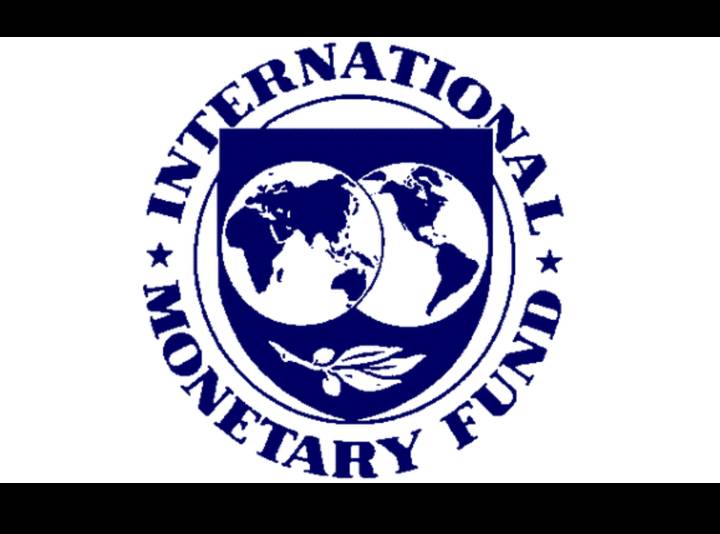IS THE IMF BAILOUT OUR SAVIOR?
The International Monetary Fund (IMF), an organization that seeks to offer financial aid to countries in need of financial assistance. Established in the year 1944, it has been able to help in the stabilisation of exchange rates in countries, promote international trade, broaden the credit structure, amongst others. Countries like United States of America, Colombia, South Africa, Ghana, Russia, Germany amongst others have all benefited from the IMF.
With Ghana being a developing country in the West African continent, there is no doubt that the smooth running of the country can be done singlehandedly without assistance. Ghana has been to the IMF 17 times since its independence in 1957 yet is mostly faced with economic challenges. Inasmuch as Ghana receives financial aid from the IMF, improper utilization of funds, lead to a halt in the development of the country. Seeking financial aid from the IMF does not guarantee the economic process of a country but rather, proper allocation of money received as well as the creation of jobs with the money received helps to improve the standard of living of the citizens in the country. In early 2015, Ghana went to the IMF for a $918 million loan, to help stabilize the economy. The loan helped in solving some challenges that the country was faced with however, it failed to create enough revenue that could be used to the needs of the country Incase of financial emergencies. Ghana has a lot of natural resources like gold, cocoa, bauxite, crude oil, just to name a few. These resources could be processed and exported to other countries for additional revenue. However, the inability to utilize these resources have led to improper exploitation of these resources, making the growth of the economy slow. Currently, Ghana's inflation rate is around 52%, making the cost of living high. Looking at the current state of the economy, there is no doubt that the thought of going to the IMF can be ignored but with the money received from IMF, inasmuch as it will resolve some of the pending issues of the country, it will still not eliminate the high cost of living in the country. This is because not enough jobs have been created in the country and with the ones created, they have either been closed down or collapsed due to financial challenges. Recently, the government initiated the Domestic Debt Exchange Program (DDEP). This seeks to help relieve the financial burden on the government as well as help service the public debts effectively. However, this exchange program will have an effect on both bond holders as well pensioners as these are means by which they invest money for future emergencies.
In conclusion, the IMF bailout, even though it is a good initiative to help sustain our country financially and also help to reduce debt, it doesn't guarantee a total solution to the problems of the country.




No comments yet
Be the first to share your thoughts!